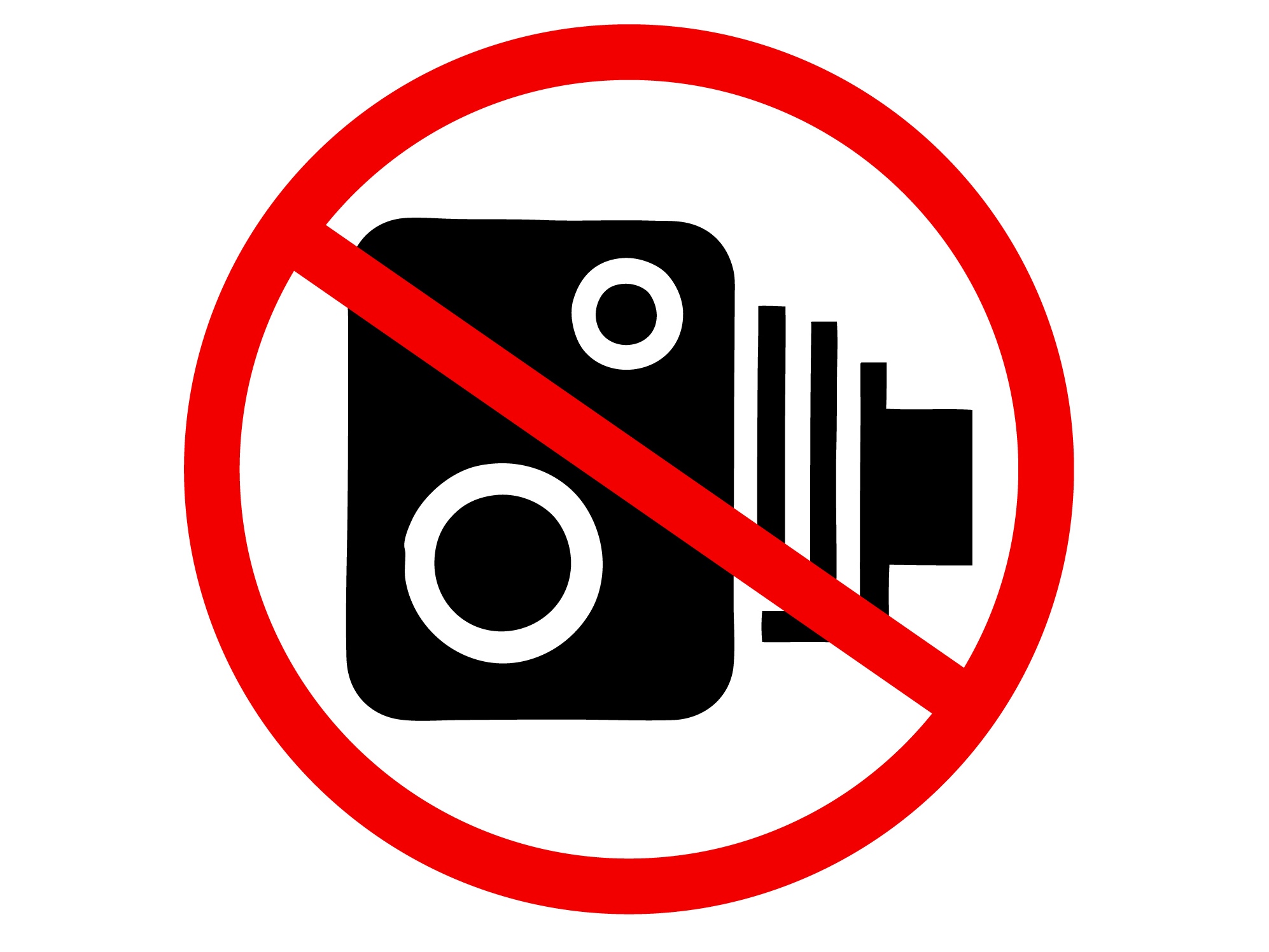10 technologies that should be uninvented
The tech genies we want to put back in the bottle

Technology is a wonderful thing. It's given us electricity, the car, the mobile phone and the George Foreman deep fat fryer.
But it's also brought us a host of inventions that, while they might have seemed like a good idea at the time, we'd be better off without.
Here's our run-down of 10 annoying and deadly technologies that never should have been invented. And, in true chat fashion, we've started with little irritants before working our way to the really scary stuff. You know that the world really would have been a better place if they hadn't been around...
10. Automated phone systems
"To access your account details, press one. To change your details, press two. To have your phone bill increased while you listen to awful music, press any key at all. To speak to a real person, gouge your eyes out with a spoon while you wait patiently." Argh.
The gethuman database provides a list of companies in the UK and US and and the keys you should press to get through to a real person. Another trick is to press no key at all, and the system will assume you have an old-school non-touch-tone phone and put you through to an operator.
9. Robocallers
As if being dropped into an automated system when we call our banks and utility companies isn't bad enough, now we have the machines calling us. They often come through with the number withheld and, when you pick up the phone, you're left listening to silence as the call is dropped because there's no one at the other end to sell you a cheap holiday to Florida.
This is annoying to everyone, and frightening to some. Ofcom's rules state that the call must show its ID and that a recorded message must be played to identify the source of the call. Each breach of the rules by UK-based organisations can result in a fine of up to £50,000, so make sure you complain to your phone company when you get these 'silent calls'.
Sign up for breaking news, reviews, opinion, top tech deals, and more.
8. Speed cameras
Incredibly, the speed camera was invented by a rally driver who wanted to find a way to get round the circuit faster. Gatsometer BV, the company that driver Maurice Gatsonides founded, then went on to develop a unit to monitor road traffic.
Since then an industry has sprung up to help dedicated speeders avoid the cameras – there's even a free app for iPhone owners.
Many motorists resent cameras as they are seen as a extra source of revenue for the government rather than a real attempt to cut traffic accidents. Cynical, perhaps, but Swindon council this year ended speed camera funding opting to spend the £320,000 it put into the camera partnership on better lighting and warning signs.
"Nationally, only 6 per cent of accidents are caused by people breaking speed limits and yet almost 100 per cent of the government's road safety money is being invested in speed cameras," Councillor Peter Greenhalgh, who proposed the cut in funding, said to BBC Radio 5Live. "I can see that's wrong."
7. Supermarket parking sensors
Not content with taking a large percentage of our salaries for grocery shopping, now the supermarkets want to fine us for staying over the allotted time – so no more nipping round the corner to use the local shops without burning fuel and money on moving your car to another car park.
6. Car alarms
There's plenty of evidence to suggest that noisy car alarms have little effect on stopping car theft but you can probably add your personal experience to this – when was the last time you paid any attention to a car alarm going off? Exactly. Fit an immobilizer, or a silent alarm that sends you a text when your vehicle is broken into, but lay off the noisy alarms and let your neighbours sleep in peace.
After watching War Games and Tron more times that is healthy, Paul (Twitter, Google+) took his first steps online via a BBC Micro and acoustic coupler back in 1985, and has been finding excuses to spend the day online ever since. This includes roles editing .net magazine, launching the Official Windows Magazine, and now as Global EiC of TechRadar.